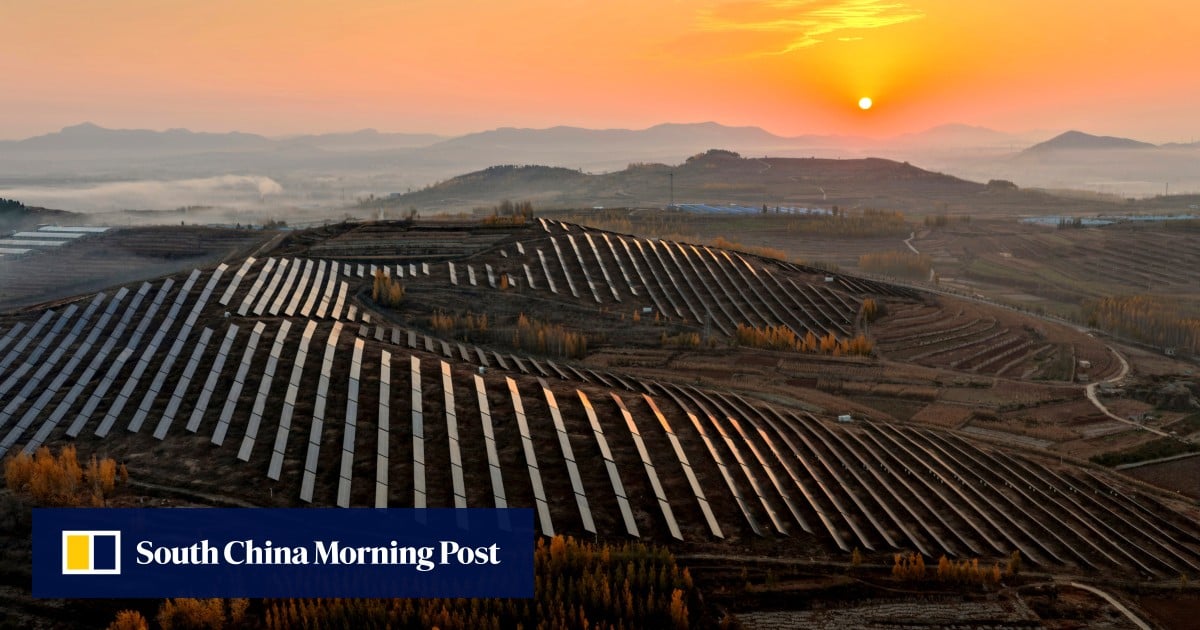India and China Forge Climate Alliance Amid Thawing Ties
A significant shift is underway between two of Asia's most powerful nations, India and China. After years of strained relations, a tentative rapprochement is emerging, bringing renewed hope for collaborative efforts in tackling climate change. This warming dynamic is particularly evident as both giants align their positions at the upcoming Cop30 summit in Brazil, advocating for increased climate finance and more equitable global rules.
Redefining Asia's Decarbonization Trajectory
Analysts are keenly observing this development, noting that a partnership between China's advanced clean technology capabilities and India's burgeoning energy demands holds the potential to dramatically reshape Asia's decarbonization path. The implications could extend beyond the region, offering a scalable model for other nations in the Global South.
Teevrat Garg, an associate professor of economics at the University of San Diego, emphasizes the profound impact of this evolving relationship. He states that "India and China’s expanding clean-energy trade has the potential to define Asia’s decarbonisation trajectory." Garg suggests that revitalized commercial ties create a unique opportunity to combine China's dominant manufacturing prowess with India's rapidly growing clean-energy market, paving the way for a cost-effective regional decarbonization strategy that could be replicated worldwide.
Indicators of a Renewed Relationship
This cautious reconciliation follows a four-year period of strained diplomatic and economic interactions. However, recent indicators point towards a new era: a resurgence in trade involving green-energy components and the resumption of direct flights between the two countries last month. Historically, India had implemented stringent controls on Chinese investments and companies. Yet, there are now signals that India is prepared to ease these restrictions for a range of Chinese products, from electronic components to industrial raw materials. This policy shift, coupled with renewed transport links, underscores a fresh momentum in bilateral relations.
Experts believe this momentum could particularly benefit the renewable energy sector, leading to transformative outcomes for both nations and the broader global effort to combat climate change. The alignment at Cop30, therefore, represents not just a diplomatic overture but a strategic move that could significantly accelerate the transition to a sustainable future.

